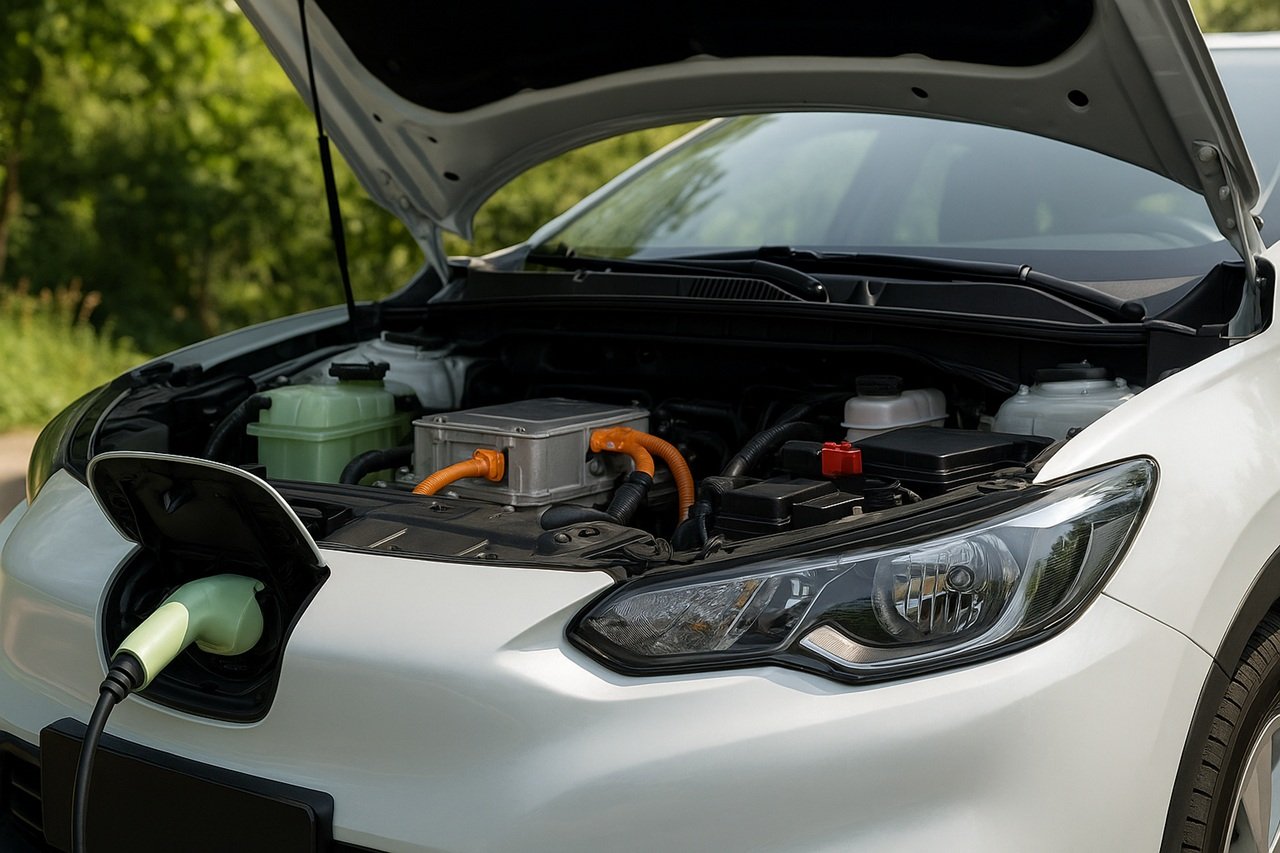The United Nations Industrial Development Organization (UNIDO) is implementing a pilot project in India to introduce low-global warming potential (GWP) refrigerants in mobile air conditioning (MAC) systems for electric vehicles. Funded by the Climate and Clean Air Coalition (CCAC), the initiative aims to reduce hydrofluorocarbon (HFC) emissions from the country's automotive sector, which currently accounts for 40% of national HFC consumption.
The Indian component of the project focuses on HC-290 (propane) as a low-GWP alternative to HFC-134a, which has a GWP of 4,470. The initiative includes the development and testing of prototype vehicles equipped with updated HC-290 air conditioning systems, along with the creation of safety guidelines for its application in passenger and small commercial vehicles.
In parallel, the project also supports training programs for National Ozone Officers and technical trainers from India, China, and the Society of Automotive Engineers (SAE) to disseminate findings and promote climate-friendly refrigerants in the MAC servicing sector.
This work is part of a broader regional initiative, which includes a similar pilot project in China for standardised R-744 (CO2) air conditioning systems for electric vehicles. The findings are intended to contribute to the implementation of Kigali Amendment commitments by both countries.
